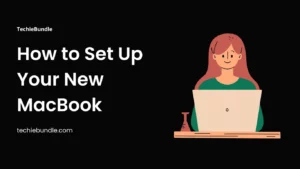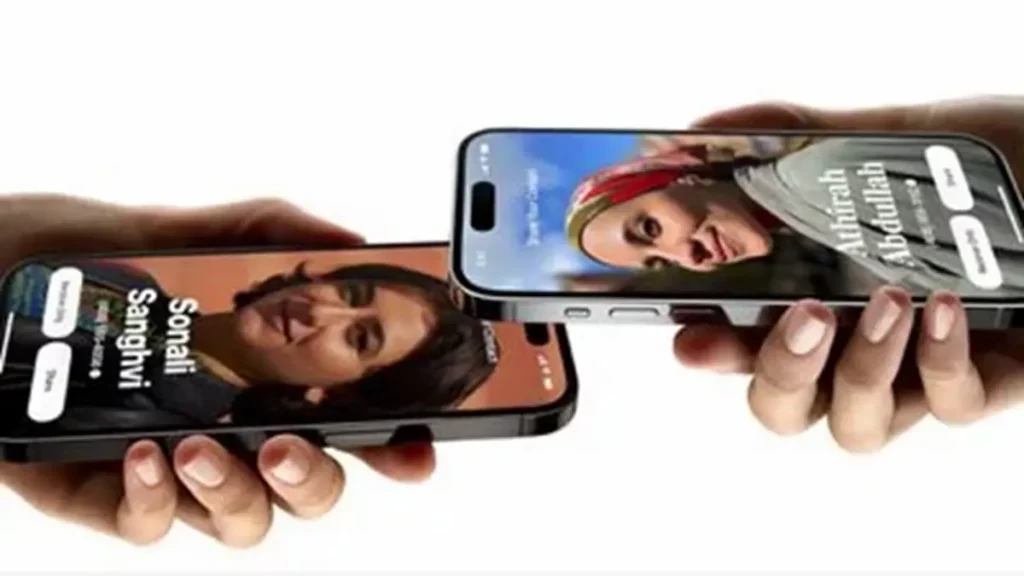iOS 17 update comes with some exciting changes. After 17 years since the iPhone’s debut, Apple is reportedly introducing sideloading, allowing the installation of iPhone apps from various sources. This change is part of the iOS 17 update and will permit third-party marketplaces on iPhones. Developers will have the option to use Apple’s payment system or third-party platforms with potentially lower fees.
However, it’s important to note that Apple is implementing these changes due to regulatory pressure, specifically the European Union’s Digital Markets Act. Apple is required to open up the App Store to competitors by March 7th. As a result, sideloading will be enabled, but it comes with a caveat – Apple will split the App Store into two experiences in the process.
iOS 17 Sideloading Functioning Details
It’s not clear exactly how sideloading will function on the iPhone, but it’s highly probable that after the deadline for complying with the Digital Markets Act (DMA), any developer will be able to provide third-party app stores. This means users can download apps from sources other than the official App Store, possibly through the developers’ websites. Additionally, developers will have the freedom to offer alternative payment systems for both apps and in-app purchases.
There are some other important updates of iOS 17 that you should definitely check out – iOS 17 Updates.
Last week, Apple CEO Tim Cook and the EU’s antitrust chief, Margrethe Vestager, had a meeting at Apple Park. During the meeting, Vestager reminded Cook about Apple’s upcoming responsibility to permit users to download apps from third-party app stores. Additionally, Apple will have to grant developers the freedom to offer their services outside the App Store and utilize third-party payment systems for transactions. It’s not just that – the EU’s Digital Markets Act (DMA) is expected to compel Apple to make significant alterations to how the App Store, Siri, and FaceTime operate in Europe.
The EU might be the first to push Apple to allow sideloading on iPhones, but other countries like Japan and the US are also thinking about introducing similar laws. It won’t be surprising if the version of the EU App Store that Apple is preparing becomes the global standard.
However, until that happens, it’s important to note that international users won’t be able to pretend to be European just to enable sideloading. It’s highly unlikely that you can fool Apple’s systems. Perhaps the only way to potentially achieve this is by setting up an Apple ID based in Europe immediately after relocating to the EU.
Summary
Apple is reportedly introducing sideloading on iPhones with the iOS 17 update, allowing the installation of apps from various sources and permitting third-party marketplaces. Developers can choose between Apple’s payment system and third-party platforms. This change is driven by regulatory pressure from the EU’s Digital Markets Act, requiring Apple to open the App Store to competitors by March 7th.
Sideloading comes with a caveat – Apple will split the App Store into two experiences. The EU’s influence may set a global standard, as other countries like Japan and the US consider similar legislation. Despite potential worldwide changes, international users are unlikely to fool Apple’s systems, with the only workaround being to set up an Apple ID based in Europe after relocating to the EU.



